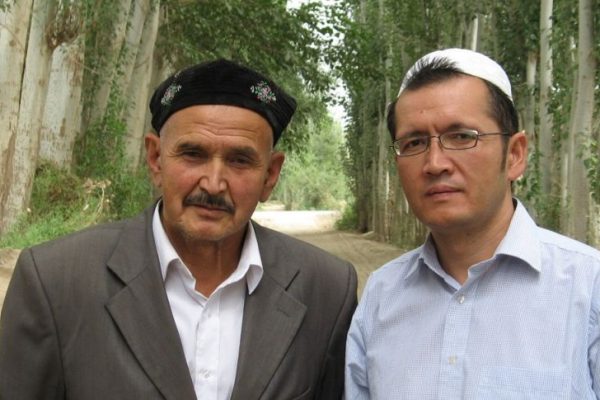Since the Taliban took over Afghanistan’s government in August of 2021, women have been banned from political roles and most jobs in the public sector. Girls have also been banned from education beyond primary school, preventing millions of girls from continuing their education.
Since the Taliban took over Afghanistan’s government in August of 2021, women have been banned from political roles and most jobs in the public sector. Girls have also been banned from education beyond primary school, preventing millions of girls from continuing their education.
A new report jointly published by the International Commission of Jurists and Amnesty International has stated that crimes against humanity of gender persecution are being committed by the Taliban government against the girls and women of Afghanistan.
Presenting a detailed legal analysis of the specific restrictions on girls and women imposed upon them by the Taliban, the report showcases examples of imprisonment, enforced disappearance, torture, and severe tactics of repression that women are facing every day in Afghanistan. This can amount to a crime against humanity of gender persecution under Article 7(1)(h) of the Rome Statute of the International Criminal Court.
“The Taliban’s campaign of gender persecution is of such magnitude, gravity, and systematic nature, that cumulatively the acts and policies form a system of repression,” stated Santiago A. Canton, the Secretary General of the International Commission of Jurists. “Our report indicates that this meets all the five criteria to qualify as a crime against humanity of gender persecution.”
Since the Taliban took over Afghanistan’s government in August of 2021, women have been banned from political roles and most jobs in the public sector. Girls have also been banned from education beyond primary school, preventing millions of girls from continuing their education.
In addition, in December of 2022 and April of 2023, the Taliban banned women from working in NGOs and the UN – further isolating Afghan women from getting any sort of international assistance or recognition.
“Since their take over, the Taliban has imposed draconian restrictions on the rights of Afghanistan’s women and girls. Let there be no doubt: this is a war against women,” stated Agnès Callamard, the Secretary General at Amnesty International. “Banned from public life, prevented from accessing education, prohibited from working, barred from moving freely, imprisoned, disappeared and tortured including for speaking against these policies and resisting the repression. These are international crimes. They are organized, widespread, systematic.”
The report, based on an analysis of evidence collected by UN authorities, testimonials, and civil society organizations, provides a legal assessment of why women and girls fleeing Afghanistan should immediately be considered refugees in need of international protection.
It also strongly urged international states and bodies to discuss gender persecution at the 53rd session of the UN Human Rights Council, as well as the 54th session in October 2023, where the UN Human Rights Council has the opportunity to renew and strengthen the mandate of the UN Special Rapporteur on the situation of human rights in Afghanistan.
“Holding the Taliban criminally accountable and tackling rampant impunity for the serious crimes documented in this report is a necessary step toward securing justice for survivors”, stated Santiago A. Canton. “We simply cannot afford to fail the women and girls of Afghanistan.”
As many nation-states conveniently turn a blind eye to those most vulnerable in Afghanistan, it remains to be seen who continues to support who in a larger game of political gains and powers.





